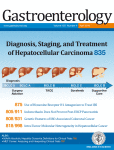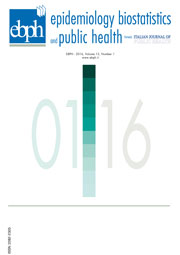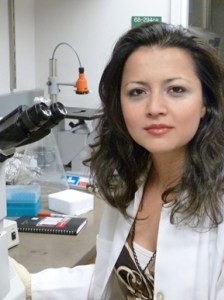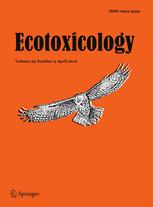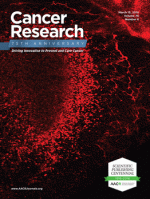 A researcher formerly based at the National Cancer Institute has earned three new retractions following an investigation that found she committed misconduct.
A researcher formerly based at the National Cancer Institute has earned three new retractions following an investigation that found she committed misconduct.
In May of last year, Stephanie Watkins, who now works at Loyola Medicine, earned one two retraction, which mentions a review by an investigation committee at the National Institutes of Health. Two of the new notes, published in Cancer Research, mention the review as well, and cite data falsification in a figure as the reason for retraction. Watkins is the only author that did not agree to those retractions.
There may be more changes to the literature — an editor at another cancer journal told us the journal is awaiting a decision from the Office of Research Integrity before deciding what to do with a paper by Watkins, given that she does not agree with the misconduct charges.
We’ll start with a retraction note from Cancer Research:
Continue reading Cancer researcher earns 3 more retractions following NIH misconduct investigation
